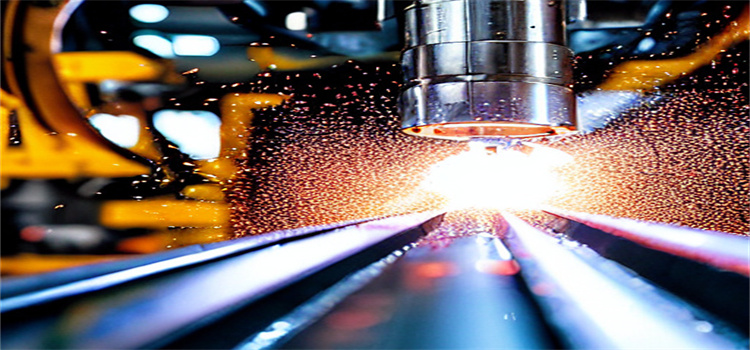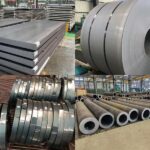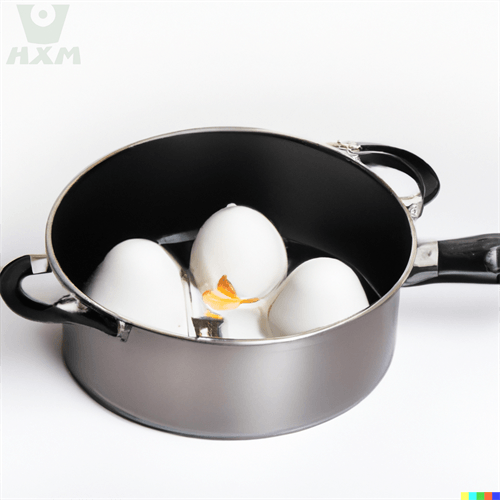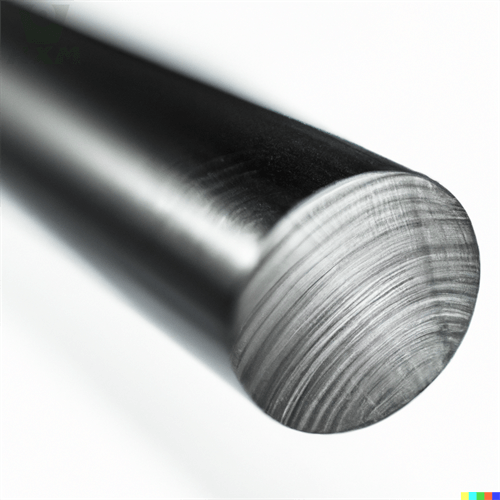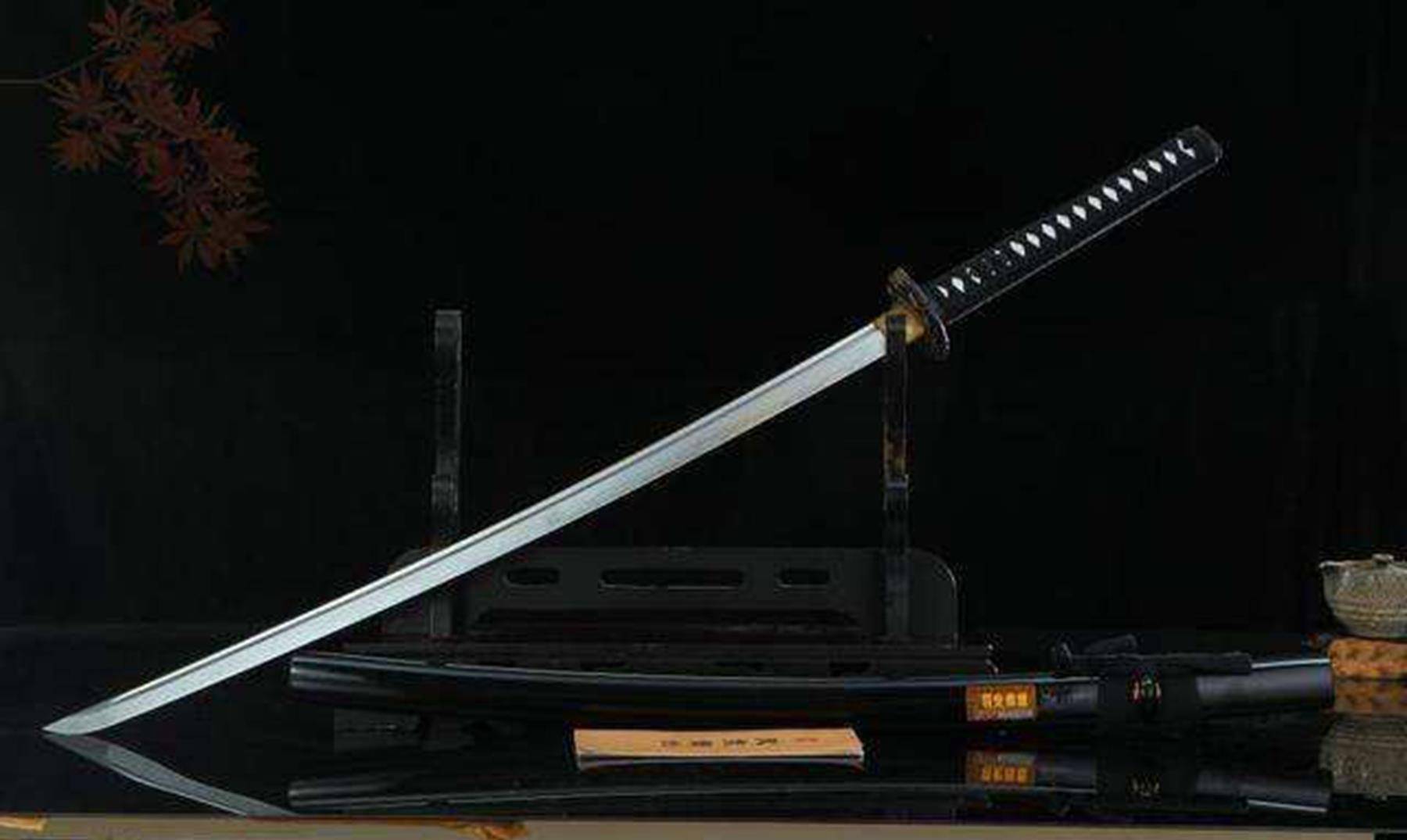Many of our customers have such a question: alloy steel vs non-alloy steel – what’s the difference? In fact, the distinction between alloy steel and non-alloy steel is fundamental. Both materials have their unique characteristics and applications, making them suitable for diverse industrial and engineering purposes. Understanding the key differences between these two types of steel is crucial for making informed material selection decisions.

Alloy Steel vs Non-Alloy Steel – What’s the Difference?
Alloy Steel vs Non-Alloy Steel – 1. Composition
The primary difference between alloy steel and non-alloy steel lies in their composition.
Non-alloy steel, also known as carbon steel, is composed primarily of iron with a carbon content ranging from 0.05% to 2.1% by weight. It may also contain trace amounts of other elements, but the carbon is the primary alloying element.
In contrast, alloy steel contains, in addition to carbon, one or more alloying elements such as chromium, nickel, molybdenum, vanadium, and titanium. The amount of carbon in alloy steel is typically lower than in non-alloy steel, ranging from 0.1% to 1.5%. The alloying elements are added to improve the mechanical properties, corrosion resistance, heat resistance, or welding properties of the steel.
Alloy Steel vs Non-Alloy Steel – 2. Properties
The compositional differences between alloy steel and non-alloy steel result in distinct material properties.
Non-alloy steel is relatively inexpensive and easy to work with. It exhibits good strength and ductility, making it suitable for a wide range of applications. However, its corrosion resistance and heat resistance are limited, especially when compared to alloy steel. Non-alloy steel is generally used in applications that do not require high levels of corrosion or heat resistance.
Alloy steel, on the other hand, offers superior mechanical properties due to the addition of alloying elements. It can have higher strength, hardness, and wear resistance than non-alloy steel. Alloy steel also exhibits better corrosion resistance and heat resistance, depending on the specific alloying elements used. For example, chromium-containing alloy steels are resistant to corrosion in oxidizing environments, while molybdenum-containing alloys offer resistance to reducing acids.
Alloy Steel vs Non-Alloy Steel – 3. Applications
The unique properties of alloy steel and non-alloy steel make them suitable for different applications.
Non-alloy steel is widely used in construction, infrastructure, and general manufacturing due to its low cost and good mechanical properties. It is commonly found in bridges, buildings, pipelines, and automotive components. Non-alloy steel is also used in the production of wires, sheets, and bars for various industrial purposes.
Alloy steel, on the other hand, is often used in more specialized and demanding applications that require superior mechanical properties or resistance to corrosion and heat. It is commonly found in automotive and aerospace components, such as engine parts, gears, bearings, and turbine blades. Alloy steel is also used in the oil and gas industry, where it is exposed to corrosive environments and high temperatures.
Conclusion
In summary, the key differences between alloy steel vs non-alloy steel lie in their composition, properties, and applications. Non-alloy steel is composed primarily of carbon and iron, offering good mechanical properties and low cost, but limited corrosion and heat resistance. It is suitable for general construction and manufacturing applications.
In contrast, alloy steel contains additional alloying elements, providing superior mechanical properties, corrosion resistance, and heat resistance. It is more expensive but offers better performance in demanding applications such as automotive, aerospace, and oil and gas industries.
Thank you for reading our article and we hope it can help you to have a better understanding of the differences between alloy steel vs non-alloy steel. If you are looking for alloy steel suppliers online now, we would advise you to visit Huaxia Steel.
As a leading supplier of alloy steel products from Shanghai, China, Huaxia Steel provides customers with high-quality alloy steel, carbon steel, tool steel, carbon steel tubes, and carbon steel pipes at a very competitive price.

